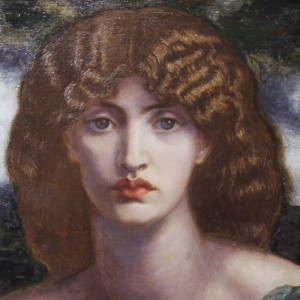 Music and Text on the subject of Memory
Music and Text on the subject of Memory
The greek goddess Mnemosyne, wife of Zeus, is the mythological mother of the Muses, those winged creatures to whom poets attribute their inspiration. In his epic poem the Theogony (the birth of the gods) from 700 B.C., Hesiod mentions the nine daughters of Mnemosyne who embody creativity in the various arts and sciences: Calliope (epic poetry), Clio (history), Euterpe (music and elegaic poetry), Terpsichore (dance), Erato (song), Melpomene (tragedy), Thalia (comedy), Polyhymnia (sacred poetry and pantomime) and Urania (astronomy).
Mnemosyne herself is the personification of memory and the creator of words – without memory there would be no culture nor the arts of her daughters.
Texts
Georg Christoph Lichtenberg (1742-1799), Notes from the Waste Books
Friedrich Hölderlin (1770-1843), Mnemosyne
Khwāja Shamsu d-Dīn Muhammad Hāfez-e Shīrāzī (1320–1389/90), from the Divan of Hafez
Music
C.P.E. Bach, K. F. Fischer, G.F. Händel, J.A. Hasse, P. Locatelli, D. Scarlatti

